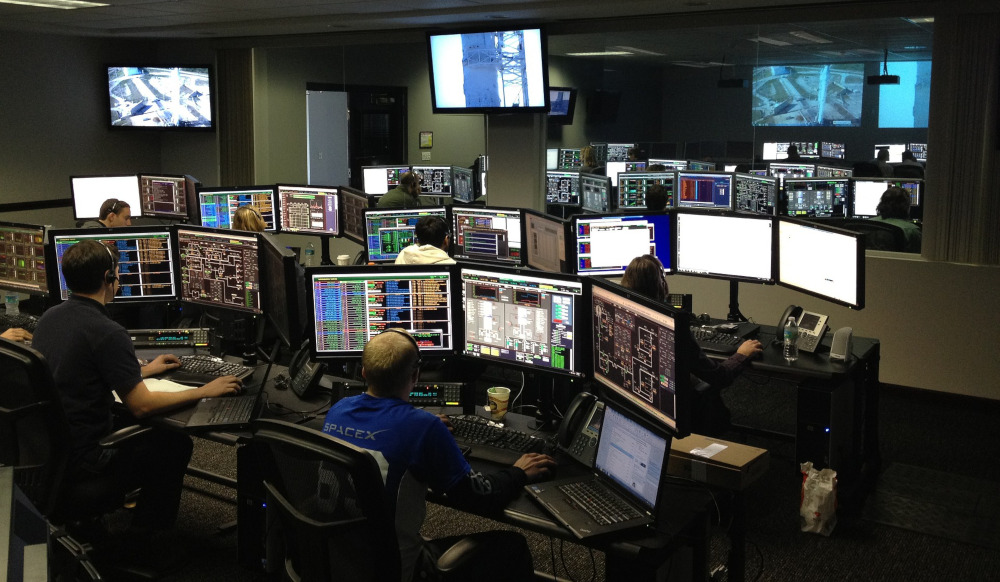More than a year after the RCMP started using new technology to monitor Canadians’ social media use — and nearly two years after it purchased the surveillance software — it still hasn’t completed the required privacy impact assessments.
An RCMP spokesperson said the “Project Wide Awake” program is still in the design stage — which is short of “official” implementation that requires a report on effects to personal privacy.
Micheal Vonn of the BC Civil Liberties Association isn’t surprised. She said a claim that a project is in the design stage is typical of the steps that police use to dodge public accountability checks for new technologies.
Project Wide Awake, first reported by The Tyee, is an RCMP initiative to monitor Canadians’ social media use. The initial claimed use was to respond to existing criminal investigations, but the RCMP expanded the program to use monitoring to prevent potential crimes.
The RCMP has been using social media monitoring software since at least February 2018. But the force has classified the project as in a “design phase” while it is taking steps towards officially implementing it, it stated.
Canada’s Privacy Commissioner guidelines state that departments “must submit final PIA [privacy impact assessments] before they implement programs or services.” The measure is a safeguard to ensure privacy impacts are assessed before programs are in place. The institution must also prepare a publicly available summary of its findings on the assessments.
The RCMP told The Tyee this month that Project Wide Awake was in the design stage. But it also confirmed the software had been available to the RCMP for criminal investigative and intelligence purposes for more than a year.
And in July 2017, when the Privacy Commissioner asked the RCMP to list surveillance technologies it used, the force identified the Project Wide Awake monitoring program.
In its 2017 response, the RCMP said it had recently completed the “proof-of-concept” phase of Project Wide Awake and was “in the process” of completing a privacy impact statement before “full implementation.”
Online records show a contract with Carahsoft, the vendor that supplied technology for Project Wide Awake, dating back to June 2017.
The RCMP did not respond when asked how long the program has been in existence.
A spokesperson for Ralph Goodale, the federal minister responsible, sent a statement to The Tyee saying the RCMP is “revising” a privacy impact assessment on the surveillance program.
Vonn said the police often avoid informing the public about the introduction of new surveillance and monitoring technologies by classifying them as pilot projects. They are often only uncovered after a complaint.
“We’ve been watching this go on, this ‘jiggery-pokery’ around when something is actually a program and when it is a pilot, for a very long time,” said Vonn.
“This has been the kind of thing that resulted in the RCMP having a squadron of drones and no policy in relation to them, because they kept saying it’s a pilot program. It was a pilot program for half a decade last time we checked.”
The civil liberties association has long suspected that police are using loopholes to avoid or delay privacy review on new technologies, she said.
“Through how you characterize the nature of your activity, you can evade, at least for a very, very long time, what is a very low threshold of responsibility.”
All the regulations require is that police demonstrate they have turned their minds to privacy, said Vonn. It’s no guarantee privacy will be taken seriously, but it’s a small step that should be taken, she said.
When police are using a new technology, the public should know that they have contemplated what rights are being impacted and the information should be publicly available, she said.
“The fact that we can’t get even that out of them after potentially years of use of a new technology signals that we’ve got a problem.” ![]()
Read more: Rights + Justice, Science + Tech
















Tyee Commenting Guidelines
Comments that violate guidelines risk being deleted, and violations may result in a temporary or permanent user ban. Maintain the spirit of good conversation to stay in the discussion.
*Please note The Tyee is not a forum for spreading misinformation about COVID-19, denying its existence or minimizing its risk to public health.
Do:
Do not: